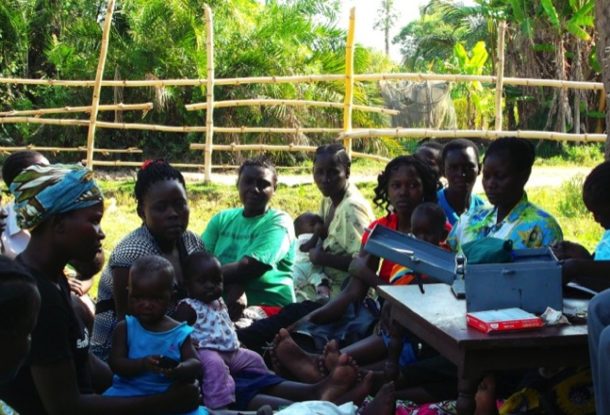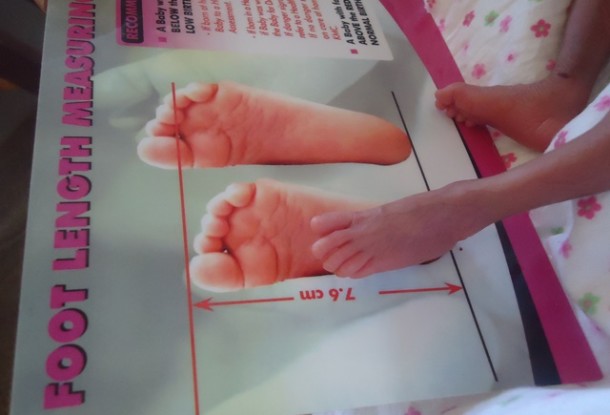SUMMIT was a double-blind, cluster-randomised trial. ~32,000 mothers were visited at home by a SUMMIT maternal data collector to obtain information within 3 days of enrollment (baseline), and at 36 weeks of gestational age, within 1 week after delivery, and at 12 weeks post-partum. The primary outcome assessed was early infant mortality, and secondary outcomes were neonatal mortality, fetal loss (abortions and stillbirths), and low birthweight. [5] There was an additional follow-up at pre-school age (~3.5 years).
Because SUMMIT found the benefit of MMN to be greater for certain groups of women, children representing these groups (overall population, maternal undernourishment and/or maternal anemia) will be assessed. Differences between children whose mothers took MMN or IFA across these groups will be estimated in mixed-effects models. The following core outcomes/concepts will be assessed:
(1) cognitive ability, including general intellectual ability, memory, and executive function, (2) fine motor skills, (3) behavioural and emotional problems, (4) educational attainment, (5) activity levels, (6) physical growth and body composition, (7) relevant medical history, (8) assessment of the child’s environment, (9) socio‐economic status, and (10) participant demographic information.
Where possible, tests have been selected that have previously been found to be sensitive to nutrition during gestation and infancy in this setting and/or are underpinned by plausible mechanisms, or have been successfully adapted by the project team or others to low‐resource settings.




